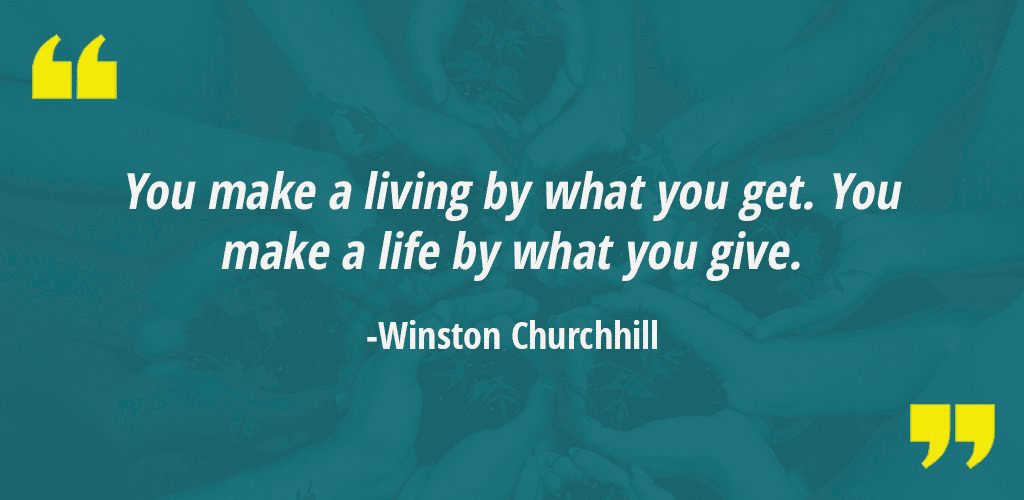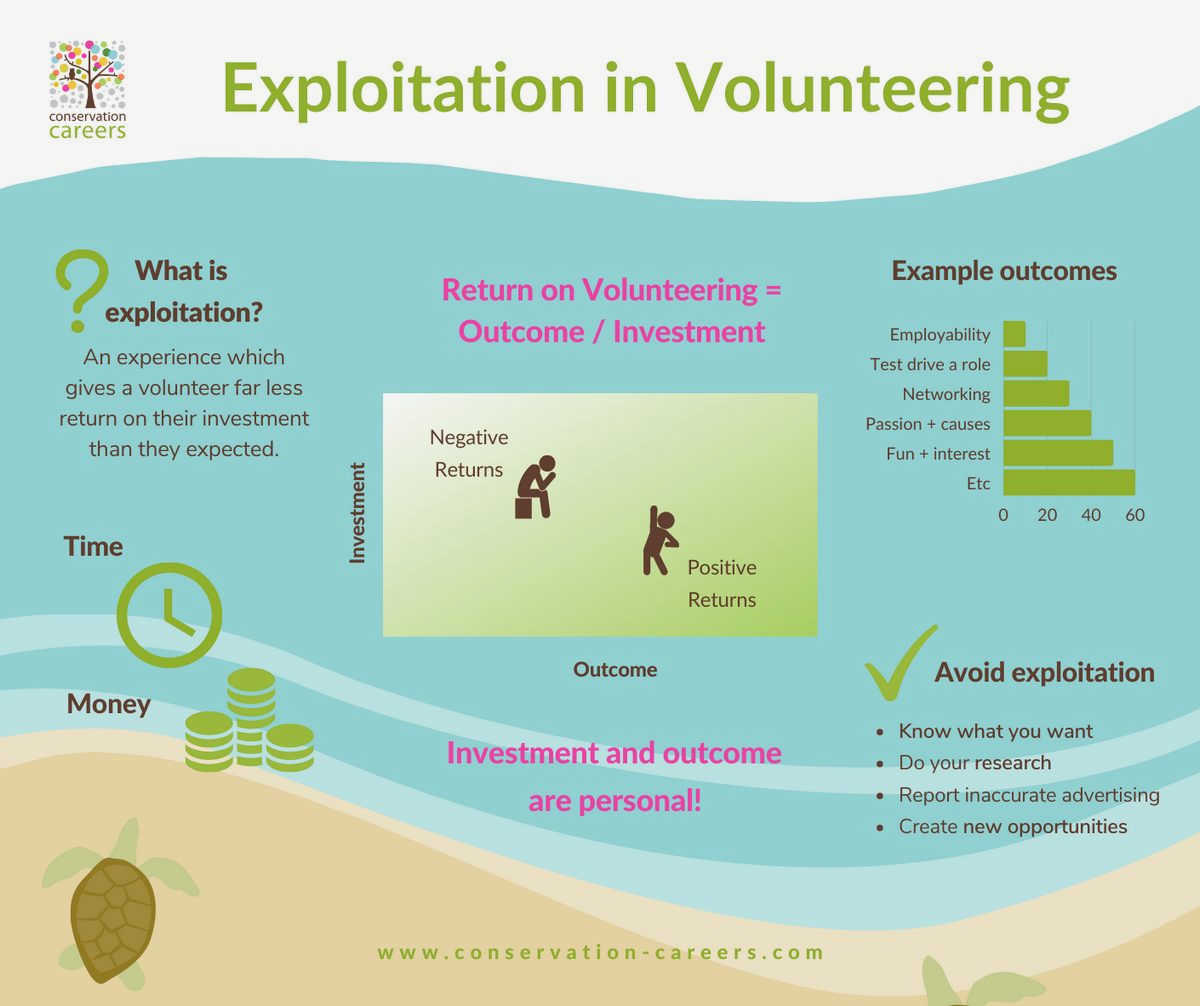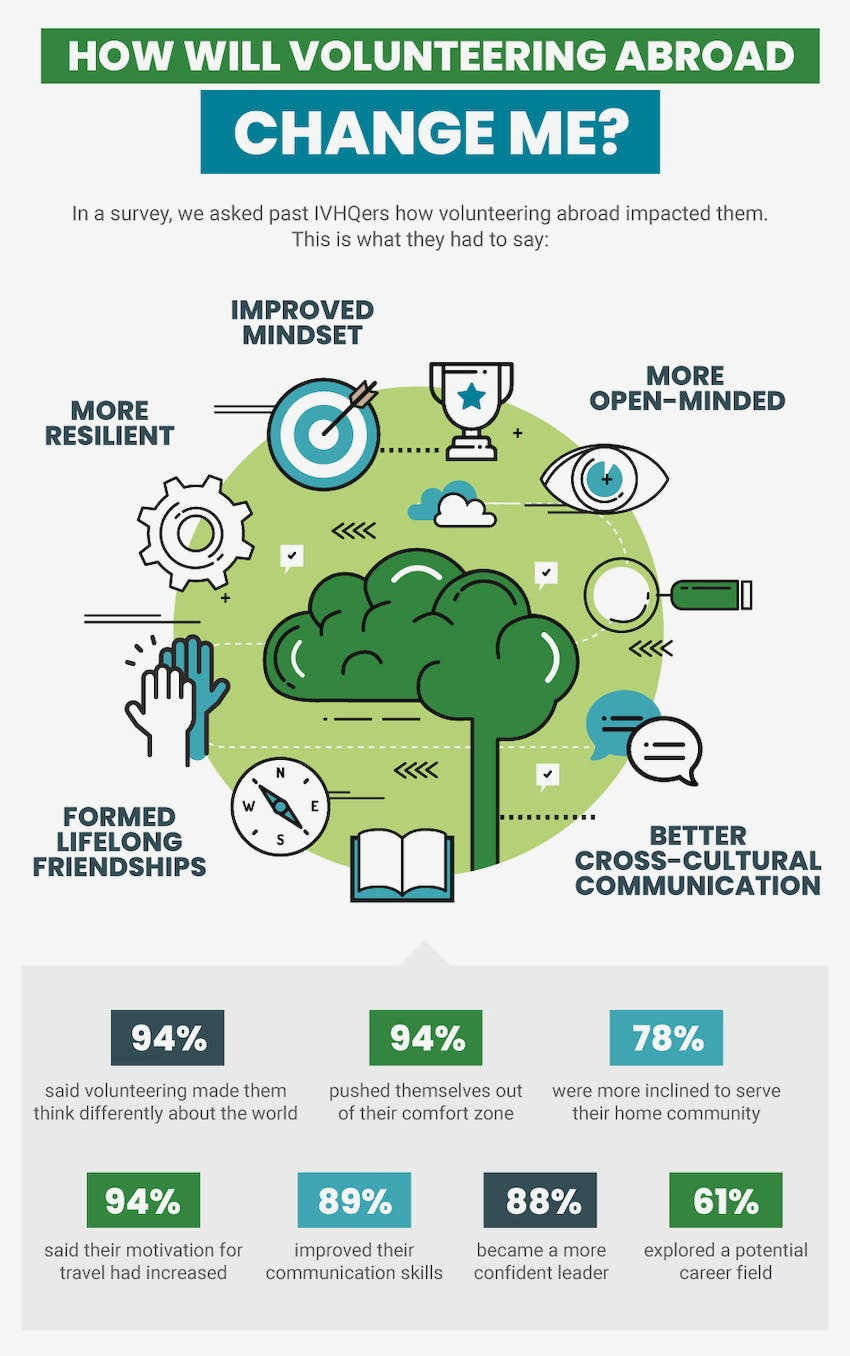Are you passionate about making a difference in the world? Do you want to use your skills and knowledge to help those in need? International volunteering is a powerful way to make a positive impact and experience the world in a meaningful way. Whether you are interested in education, healthcare, environmental conservation, or community development, there are countless opportunities for you to get involved and make a difference.
International volunteering allows you to immerse yourself in a new culture, gain a global perspective, and develop valuable skills that can benefit both your personal and professional life. It is a transformative experience that pushes you out of your comfort zone, challenges your assumptions, and helps you grow as an individual. By volunteering internationally, you can make a lasting difference in the lives of others while also learning and growing from the experience.
Getting started with international volunteering may seem overwhelming, but with the right preparation and guidance, it can be a rewarding and fulfilling journey. This guide will provide you with step-by-step instructions on how to find the right volunteer program, prepare for your trip, and maximize your impact while abroad. Whether you are a seasoned traveler or embarking on your first international adventure, this guide will equip you with the knowledge and resources you need to turn your passion into action.
Understanding the Importance
International volunteering plays a crucial role in addressing global challenges and improving the lives of individuals and communities around the world. It provides an opportunity for individuals to engage with different cultures, gain a global perspective, and contribute to positive change.
Cultural Exchange: International volunteering promotes cultural understanding and empathy by allowing volunteers to immerse themselves in local communities and learn about their customs, traditions, and way of life. This cultural exchange helps break down stereotypes and misconceptions, fostering a more inclusive and tolerant society.
Skills Development: Volunteering abroad provides a unique opportunity to develop valuable skills that can be applied in various areas of life. From language proficiency and cross-cultural communication to problem-solving and teamwork, volunteers gain practical skills that enhance their personal and professional growth.
Social Impact: International volunteering makes a significant difference in the lives of individuals and communities. By working on sustainable projects, volunteers contribute to improving education, healthcare, environmental conservation, and other critical areas. Their efforts have a lasting impact and help create a more equitable and sustainable world.
Personal Growth: Engaging in international volunteering experiences challenges individuals to step out of their comfort zones, adapt to new environments, and overcome cultural and language barriers. This personal growth fosters resilience, adaptability, and a greater sense of self-awareness, leading to personal transformation and a broader outlook on life.
Overall, understanding the importance of international volunteering goes beyond the individual level. It is about contributing to a more interconnected world, fostering social responsibility, and promoting positive change on a global scale.

Discovering Meaningful Opportunities
When it comes to international volunteering, it’s important to find opportunities that align with your passions and values. This will ensure that you are able to make a meaningful impact and feel fulfilled in the work you do.
One way to discover meaningful opportunities is by researching organizations and causes that you are passionate about. Look for reputable organizations that have a track record of making a positive difference in the communities they work with.
Consider your skills and expertise. Think about what skills you have to offer and how they can be utilized in a volunteering context. For example, if you have a background in healthcare, you may be interested in volunteering with a medical outreach program in a developing country.
Take advantage of online resources and platforms that connect volunteers with organizations around the world. Websites such as Volunteer World and Idealist.org offer searchable databases that allow you to filter opportunities based on location, duration, and specific areas of interest.
Network and connect with others. Attend volunteer fairs, join online forums and communities, and reach out to people who have already volunteered internationally. They can provide valuable insights and recommendations based on their experiences.
Consider reaching out to the organizations you’re interested in directly to inquire about volunteer opportunities. Many organizations have volunteer coordinators who can guide you through the process and provide more information about the specific projects they are working on.
Lastly, be open-minded and flexible. Sometimes, the most meaningful opportunities can come from unexpected places. Keep an open mind and be willing to step outside of your comfort zone. This can lead to transformative experiences and the chance to make a real difference in the lives of others.
Researching Volunteer Organizations
When embarking on an international volunteering experience, it is important to thoroughly research and choose the right volunteer organization to work with. Here are some key steps to help you in your research:
1. Define your interests and goals:
Start by identifying your passions and the causes that you care about. This will help you narrow down the type of volunteer work you want to do and the organizations that align with your interests. Whether it is environmental conservation, education, or healthcare, having a clear understanding of your interests will guide your research.
2. Read reviews and testimonials:
Look for reviews and testimonials from past volunteers who have worked with the organizations you are interested in. Their experiences and feedback can provide valuable insights into the organization’s reputation, effectiveness, and level of support provided to volunteers.

3. Research the organization’s mission and values:
Visit the website of the volunteer organizations you are considering. Pay close attention to their mission and values to see if they align with your own. It is important to choose an organization that shares your values and has a clear vision for making a positive impact.
4. Consider the organization’s track record:
Look into the organization’s history and track record of success. Check if they have implemented sustainable projects and have a positive impact on the community they work with. This will give you an idea of their credibility and effectiveness in achieving their goals.
5. Evaluate their support and safety measures:
Consider the level of support and safety measures provided by the organization. Look for information on pre-departure training, in-country support, and emergency protocols. Ensuring that you will be well-supported and protected throughout your volunteering experience is crucial.
By conducting thorough research on volunteer organizations, you can make an informed decision and choose the organization that best aligns with your interests, values, and goals. This will help ensure a meaningful and impactful volunteering experience.
Choosing the Right Project
When it comes to international volunteering, choosing the right project is one of the most important decisions you can make. There are countless organizations and opportunities available, so it’s essential to do your research and find a project that aligns with your interests and goals.
1. Identify your passion: Start by identifying the cause or issue that you feel most passionate about. Whether it’s environmental conservation, education, healthcare, or social justice, find a project that allows you to contribute to a cause that resonates with you.
2. Consider your skills: Think about the skills and expertise you have that could be valuable in a volunteer project. Are you a teacher? A medical professional? A skilled builder? By choosing a project that matches your skills, you can make a meaningful impact in a way that utilizes your strengths.
3. Research the organization: Look into the organization or volunteer program that you’re considering. Check their reputation, mission, and values to ensure that they align with your own. Read reviews and testimonials from previous volunteers to get a sense of their experiences.
4. Assess the project’s impact: It’s important to consider the potential impact of the project you’re considering. Is it sustainable? Does it empower local communities? Look for projects that prioritize long-term, community-driven solutions rather than short-term fixes.
5. Consider practical factors: Finally, consider practical factors such as location, duration, and cost. Think about whether you’re willing to travel to a specific country or region and how long you’re able to commit to the project. Take into account the financial costs associated with volunteering abroad, including travel expenses and program fees.
By carefully considering these factors and doing thorough research, you can choose the right international volunteering project that allows you to make a meaningful difference while pursuing your passion.
Preparing for International Volunteering
Before embarking on an international volunteering experience, it is important to take certain steps to ensure you are prepared for the journey ahead. Here are some key considerations to keep in mind:
Research your destination
Begin by thoroughly researching the country or region where you plan to volunteer. Familiarize yourself with the local culture, customs, and traditions, as well as any health and safety concerns. This will help you better adapt to your new environment and make a positive impact on the community you will be working with.
Plan your finances
International volunteering often involves costs such as flights, visas, and accommodation. Create a budget to determine how much you will need to save or fundraise to cover these expenses. Additionally, consider any personal expenses you may have during your time abroad, such as meals or transportation. Planning your finances in advance will help alleviate any financial stress during your volunteering experience.
Learn the local language
While not always necessary, taking the time to learn some basic phrases in the local language can greatly enhance your volunteering experience. It shows respect for the community you are working with and can help facilitate communication with locals who may not speak English. Consider enrolling in a language course or practicing through online resources to improve your language skills.
Pack appropriately
When packing for your international volunteering trip, consider the climate and the nature of your activities. Pack comfortable, practical clothing and footwear, as well as any necessary equipment or supplies for your volunteer work. Don’t forget to bring any essential medications or personal items you may need during your time abroad.
Take care of your health
Prior to your departure, visit your healthcare provider to ensure you are up to date on vaccinations and to discuss any necessary medications or health precautions for your destination. It is also important to have travel insurance that covers any medical emergencies or accidents that may occur during your time abroad. Take care of your physical and mental well-being to ensure a successful and enjoyable volunteering experience.
Evaluating Skills and Interests
Before embarking on an international volunteering experience, it’s important to evaluate your skills and interests. This will help you find the right volunteer opportunity that aligns with your passions and strengths.
First, consider your skills. Think about what you excel at and what you enjoy doing. Are you good at teaching and communication? Maybe you have a knack for construction or manual labor. Identify your strengths and think about how they can be applied in a volunteer setting.
Next, think about your interests. What causes or issues do you feel strongly about? Are you passionate about environmental conservation, healthcare, or education? Consider your personal interests and the areas where you would like to make a difference.
Once you have a clear understanding of your skills and interests, you can start researching volunteer opportunities that match your criteria. Look for organizations or projects that align with your passions and allow you to utilize your skills. For example, if you’re passionate about education and have a background in teaching, you might consider volunteering in a school or educational program abroad.
Remember, it’s important to choose a volunteer opportunity that not only aligns with your skills and interests but also provides meaningful impact. Take the time to research organizations and projects, and consider reaching out to past volunteers for their insights. By evaluating your skills and interests, you can ensure that your international volunteering experience will be both fulfilling for you and beneficial for the community you’re serving.
Learning about Local Cultures
One of the key benefits of international volunteering is the opportunity to immerse yourself in a different culture and learn about local customs, traditions, and way of life. By living and working in a foreign country, you have the chance to gain a deeper understanding of the local culture and develop cross-cultural communication skills.
Exploring customs and traditions: While volunteering abroad, you can participate in various cultural activities and events that allow you to experience local customs and traditions firsthand. This may include attending festivals, ceremonies, or cultural performances. By witnessing these cultural practices, you can gain insight into the values, beliefs, and history of the local community.
Building relationships: Volunteering abroad also provides the opportunity to build relationships with local people, which can be a valuable way to learn about their culture. By interacting with community members on a daily basis, you can learn about their daily routines, traditions, and ways of life. Additionally, local people can share their stories, perspectives, and knowledge, offering a unique insight into their culture.
Gaining cultural sensitivity and awareness:
Volunteering abroad can enhance your cultural sensitivity and awareness. By living and working in a different cultural context, you are exposed to new ways of thinking, problem-solving, and communicating. This exposure can expand your worldview and challenge any preconceived notions or stereotypes you may have held about other cultures. It can help you develop a greater appreciation and respect for cultural diversity.
Adapting to cultural differences:
When volunteering abroad, you may encounter cultural differences that require flexibility and adaptation. These differences may include communication styles, food preferences, social norms, and religious practices. Learning to navigate and adapt to these cultural differences can enhance your cross-cultural skills and ability to work effectively in diverse environments.
Summary: International volunteering offers a unique opportunity to learn about local cultures. Through exploring customs and traditions, building relationships, gaining cultural sensitivity, and adapting to cultural differences, volunteers can develop a deeper understanding and appreciation for the cultures they are immersed in.
Obtaining Necessary Travel Documents
Passport
In order to travel internationally, you will need a valid passport. If you do not already have one, you will need to apply for a passport through your country’s passport office or embassy. The application process usually requires filling out a form, providing necessary documents such as proof of citizenship and identification, and paying a fee. It is important to apply for a passport well in advance of your planned trip to allow for processing time.
Visas
Depending on your destination and the duration of your stay, you may also need to obtain a visa. A visa is a document issued by the country you are visiting that grants you permission to enter and stay for a certain period of time. The requirements for obtaining a visa vary depending on the country. Some countries offer visa exemptions for certain citizens, while others require an application and supporting documents, such as proof of accommodation and financial stability. It is important to research the visa requirements for your specific destination and apply for a visa if necessary.
Immunization Records
Before traveling internationally, it is important to check if any immunizations or vaccinations are required or recommended for your destination. Some countries may require proof of certain vaccinations, such as yellow fever, before allowing entry. It is recommended to consult with a healthcare professional or travel clinic to ensure that you are up to date on all necessary immunizations for your destination.
Travel Insurance
While not a mandatory travel document, it is highly recommended to obtain travel insurance before embarking on an international volunteer trip. Travel insurance can provide coverage for medical expenses, trip cancellation, lost or stolen belongings, and other unforeseen circumstances. It is important to carefully read the terms and conditions of the insurance policy to ensure that it meets your specific needs.
In conclusion, obtaining necessary travel documents is an essential step when preparing for international volunteering. Make sure to check the requirements for passports, visas, immunizations, and consider investing in travel insurance for a smooth and worry-free experience abroad.
Engaging in Volunteer Work
Engaging in volunteer work is a meaningful way to make a difference in the world and contribute to causes that you are passionate about. It allows you to use your skills and knowledge to help others and create positive change.
One way to engage in volunteer work is to research and identify organizations that align with your interests and values. Look for organizations that work in areas that you are passionate about, such as education, healthcare, or environmental conservation.
Once you have found a few organizations that you are interested in, reach out to them to express your interest in volunteering. Many organizations have volunteer programs or opportunities available and would be happy to have your help. Make sure to ask about any specific requirements or qualifications that may be necessary.
When engaging in volunteer work, it is important to approach it with an open mind and a willingness to learn. Take the time to understand the needs and challenges of the community or individuals you are working with, and be respectful of their culture and customs. By being open and flexible, you will be able to make a greater impact and create a meaningful experience for both yourself and those you are helping.
Remember, volunteer work is not just about giving your time and skills, but also about forming connections and building relationships. Take the time to get to know the people you are working with and learn from their experiences and perspectives. By building meaningful relationships, you will not only have a greater impact in your volunteer work, but also broaden your own understanding of the world and gain valuable personal growth.
Building Relationships with Local Communities
When embarking on an international volunteering experience, building relationships with local communities is crucial. It is through these relationships that volunteers can truly understand the needs and challenges of the community they are serving, and work together towards sustainable solutions.
1. Active listening: One of the key ways to build relationships with local communities is by actively listening to their concerns and needs. This involves taking the time to engage in meaningful conversations, showing genuine interest, and acknowledging the voices and perspectives of community members.
2. Cultural sensitivity: Understanding and respecting the local culture is essential in building relationships with local communities. Volunteers should take the time to learn about local customs, traditions, and values, and be mindful of cultural differences. This demonstrates respect and helps to foster trust and understanding.

3. Collaboration: Building relationships with local communities is about working together towards common goals. Volunteers should seek opportunities to collaborate with community members, involve them in decision-making processes, and empower them to take ownership of initiatives. This collaborative approach encourages community participation and ensures that projects are sustainable and impactful.
4. Long-term commitment: Building meaningful relationships takes time and effort. Volunteers should approach their work with a long-term commitment, as sustained engagement allows for deeper connections and lasting impact. Regular and consistent communication, follow-up visits, and ongoing support can help to strengthen relationships and ensure the success of volunteering initiatives.
5. Evaluation and feedback: Regular evaluation and feedback are important in building relationships with local communities. Volunteers should seek input from community members, assess the effectiveness of their initiatives, and make necessary adjustments. This demonstrates a willingness to listen and learn, and helps to build trust and credibility within the community.
6. Gratitude and appreciation: Finally, expressing gratitude and appreciation to local communities is crucial in building relationships. Recognizing and acknowledging the contributions and efforts of community members goes a long way in fostering a positive and mutually beneficial partnership.
Reflecting on the Experience
International volunteering can be a life-changing experience that provides you with a unique perspective on different cultures, communities, and global issues. It offers an opportunity to step outside of your comfort zone and make a positive impact on the world around you. However, it is important to take the time to reflect on your experience and what you have learned.
One way to reflect on your international volunteering experience is to journal about your thoughts, emotions, and observations. This can help you process your feelings and gain a deeper understanding of the impact you had on the community and the impact the community had on you. You can also use your journal to reflect on any challenges you faced and how you overcame them, as well as any personal growth or development you experienced during your time abroad.
Another way to reflect on your international volunteering experience is to have open and honest conversations with fellow volunteers, local community members, and program organizers. Sharing your thoughts and experiences with others can lead to meaningful discussions and a greater appreciation for the diversity of perspectives and experiences that exist in the world. It can also help you gain new insights and perspectives that you may not have considered before.

Reflecting on your international volunteering experience can also involve setting goals for the future. What did you learn during your time abroad that you want to apply to your everyday life? How can you continue to make a positive impact in your own community? Setting goals and creating an action plan can help ensure that the lessons and experiences you gained while volunteering abroad continue to have a lasting impact long after you return home.





